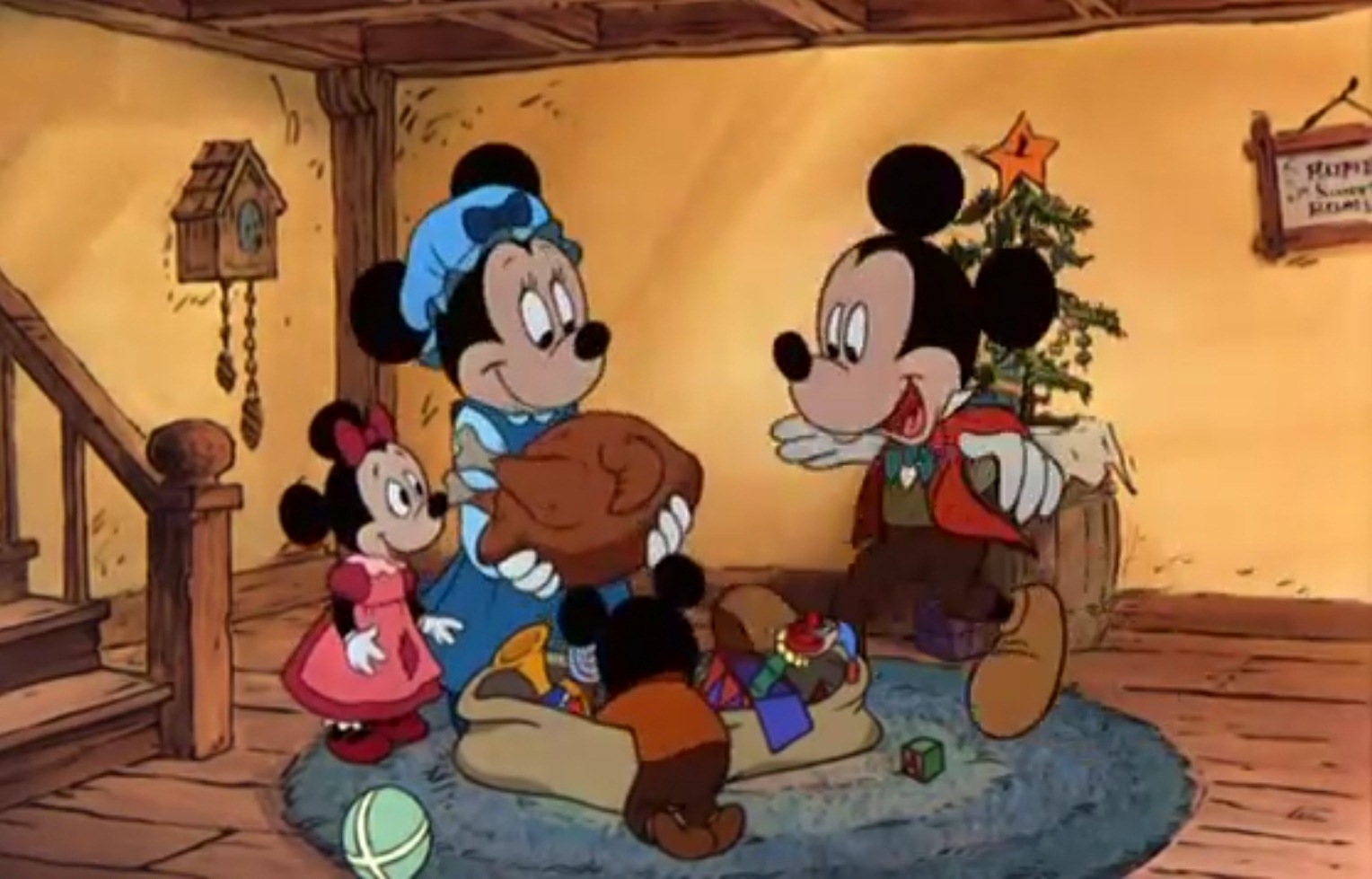
I’ve written about artificial intelligence and writing before in this space. Once was about Grammarly, which I hate. The other was about ChatGPT, which I’m pretty ambivalent about. It’s weird to write a piece about something I’m ambivalent about, but I did. I actually sort of wrote three, here and here if you’re interested in the other two.
This post is a little different, though. You could say that this is about the threat, if it is a threat, of artificial intelligence in general. I don’t mean the threat of the Singularity. Too much has been written about that already. For those who don’t know, The Singularity is the idea that AI will reach a tipping point where it so vastly outpaces human intelligence that humans become obsolete. Or worse, AI destroys humanity, like something out of 2001 or The Matrix. The threat that I’m talking about is less sensational, it’s the threat of people losing their jobs.
Several things have piqued my interest in this topic recently. The first was when Jason Allen won first place in a fine arts competition for a piece called “Théâtre D’opéra Spatial“. The thing is that the artwork was “painted” by an AI called Midjourney. Allen put the prompts into the machine and curated the results. Needless to say, people flipped out about it. Many of them denied that it was art at all. Many others said it was cheating even though it didn’t break any rules of the competition. I thought the whole thing was pretty funny. It raises some interesting philosophical puzzles, but I didn’t take the time to explore them in any detail as my life is quite busy. My instinct is that it does count as art. There is a human behind the final product. It strikes me as more artistic than Duchamp’s ready-mades. Or at least more pleasant to look at and just as conceptual. And Duchamp’s pieces are generally accepted as works of art.
The second thing that caught my eye was the Writers Guild of America’s strike. One of the WGA’s demands is that AI cannot be used to create “literary material”. Studios are unwilling to discuss that particular demand. Clearly, the WGA feels threatened by the potential of AI and the studios see an opportunity in it. AI writers would be cheaper than human writers. Plus, hundreds of people could lose their jobs altogether. The whole thing reminds me of the Jar Jar Binks debate when The Phantom Menace came out. (No, not the debate about how bad the character was.) Jar Jar was the first digitally created character to have a prominent part in a movie. People were afraid it would be the end for actors. If CGI could do the job, why would studios pay tens of millions of dollars for talent? The thing is, Jar Jar, Gollum, and their ilk have created more jobs in Hollywood. Not only do they still need actors to perform the motion capture, they need a team of animators to create the CGI. I support the writers in the strike, but I think it’s too early to panic about the threat AI poses to them. Besides, as someone who advocates for the abolition of work, AI taking over jobs might not be such a bad thing.
The third thing I noticed was the publication of “The Death of an Author” by Stephen Marche. It’s a novella that was 95% written by AI. Like “Théâtre D’opéra Spatial”, that’s an oversimplification, though. Marche, at the very least, curated the book. He’s the one who put the prompts into ChatGPT, Sudowrite, and Cohere. He then decided which of the responses were going to go into the book. The other thing is that, apparently, computers are extraordinarily bad at plotting. Marche had to come up with the story of the story. That’s no small thing. It seems like it was a lot of work putting the book together. Probably more work than just writing a novella the old-fashioned way. The reviewer for the New York Times hated it (I’m not going to link to the NYT because it’s behind a paywall and screw the New York Times). The reviewer for Slate, linked above, rather liked it. I have not read it, so I can’t say if it’s any good. It’s certainly intriguing, though.
Now, after more than 700 words, to get to my point. (My writing teachers would be freaking out if they read this. I’ve written five paragraphs without stating my thesis. They’d probably say I should be replaced by an AI writer.) I don’t see artificial intelligence as a threat to art in general or to writing specifically. At this point, it’s simply not good enough. But even if it does become good enough, as good or better than a human writer, it still won’t be a threat. (What does it even mean to say that a machine is as good or better than a human writer? That’s a question for a different time, though.)
People write for all kinds of reasons. Some of it, like resumes and cover letters, is basically pointless drivel. It would be a boon to society if that kind of writing could be replaced by AI or done away with altogether. Some writing is therapeutic, journaling and the like. This kind of writing simply cannot be replaced in the same way that personal correspondence cannot be replaced. For some, writing is fun. That won’t change because computers get good at it. The only type of writing where AI could be considered a threat is writing as a job. As I said before, replacing human workers with machines isn’t such a bad thing. And so few of the writers out there make a living at it as to be almost negligible. (Let’s not even get into the fact that so many of the writers for whom it is a vocation are bad writers.) Some jobs may be lost, but there will always be a market for human writers.
A few examples should clarify. The most obvious one is chess. Computers are better at chess than people. There’s no getting around that fact. Has that stopped people from playing chess? Not at all. I don’t have any data to back this up, but I’d wager that more people play chess now than ever before. Since we can all play on our phones, the historic barriers to entry are gone. There are still chess competitions between humans, there are still grand masters. In fact, even though machines are better at chess than people, the one thing we don’t see is competitions between those machines.
Similarly, no one would be interested in robot sports. I’m assuming, at some point, they will build robots that can play baseball better than any human. They’ll be stronger, faster, more accurate, have better reflexes, and on and on. But it would be missing the point of sports. The whole reason athletes are so impressive is because they are human, but they can do things that the rest of us can only dream about.
Finally, the people who are afraid of AI can take solace in the fact that there is still a market for handmade items like furniture. There’s no doubt that factory made furniture is cheaper and quicker than handmade. It is usually just as sturdy and can be made for any style a person may want. Yet people still pay the premium and wait for the handmade pieces. It will be the same with writing. Even if most people are fine with AI generated content, some people will always want the human touch.
So, that’s why I don’t see AI as a threat to writers and you shouldn’t either. The healthier way to look at AI is like a tool. It’s like a typewriter. It changes the way writers work, and it changes what the audience expects from a piece of writing, but it doesn’t change the fundamental act of writing very much. Despite all the handwringing, we writers will be just fine.











